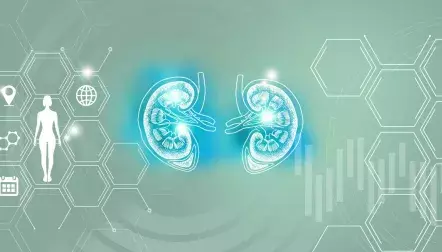
Herbal supplements and chronic kidney disease (CKD)
- Medically reviewed by
- AKF's Medical Advisory Committee
- Last updated
- February 12, 2024
What are herbal supplements?
Herbal supplements are products made from plants, such as their oils, roots, seeds, berries or flowers. People use them to improve health, manage symptoms or prevent diseases. They come in various forms like pills, powders or teas. Unlike medicines, they are generally not regulated by the Food and Drug Administration (FDA) or approved to treat or prevent disease, meaning their safety, effectiveness and purity may vary.
Is it safe to use herbal supplements if I have kidney disease?
It depends. People with kidney disease should be extra cautious about using herbal supplements because they can interact with kidney medicines and make kidney problems worse.
There are kidney-safe supplements made for people with chronic kidney disease (CKD) that only have the nutrients you need. But you may need a prescription from your doctor to order them.
Always talk to your doctor before taking a new herbal supplement.
Which herbal supplements do I need to avoid if I have kidney disease?
There are some herbal supplements people with CKD should avoid at any stage of kidney disease.
These may affect how well your kidneys work or cause damage:
- Astragalus
- Barberry
- Cat's Claw
- Goldenrod
- Horsetail
- Java Tea Leaf
- Licorice Root
- Nettle, Stinging Nettle
- Oregon Grape Root
- Parsley Root
- Uva Ursi
These may affect your blood pressure or heart:
- Apium Graveolens
- Ruta Graveolens
- Yohimbe
These may cause serious side effects:
- Pennyroyal
- Huperzinea
Creatinine may affect your metabolism or muscle health.
Always talk to your doctor before taking any of these herbal supplements.
Can herbal supplements cure kidney disease?
No, herbal supplements cannot cure kidney disease.

